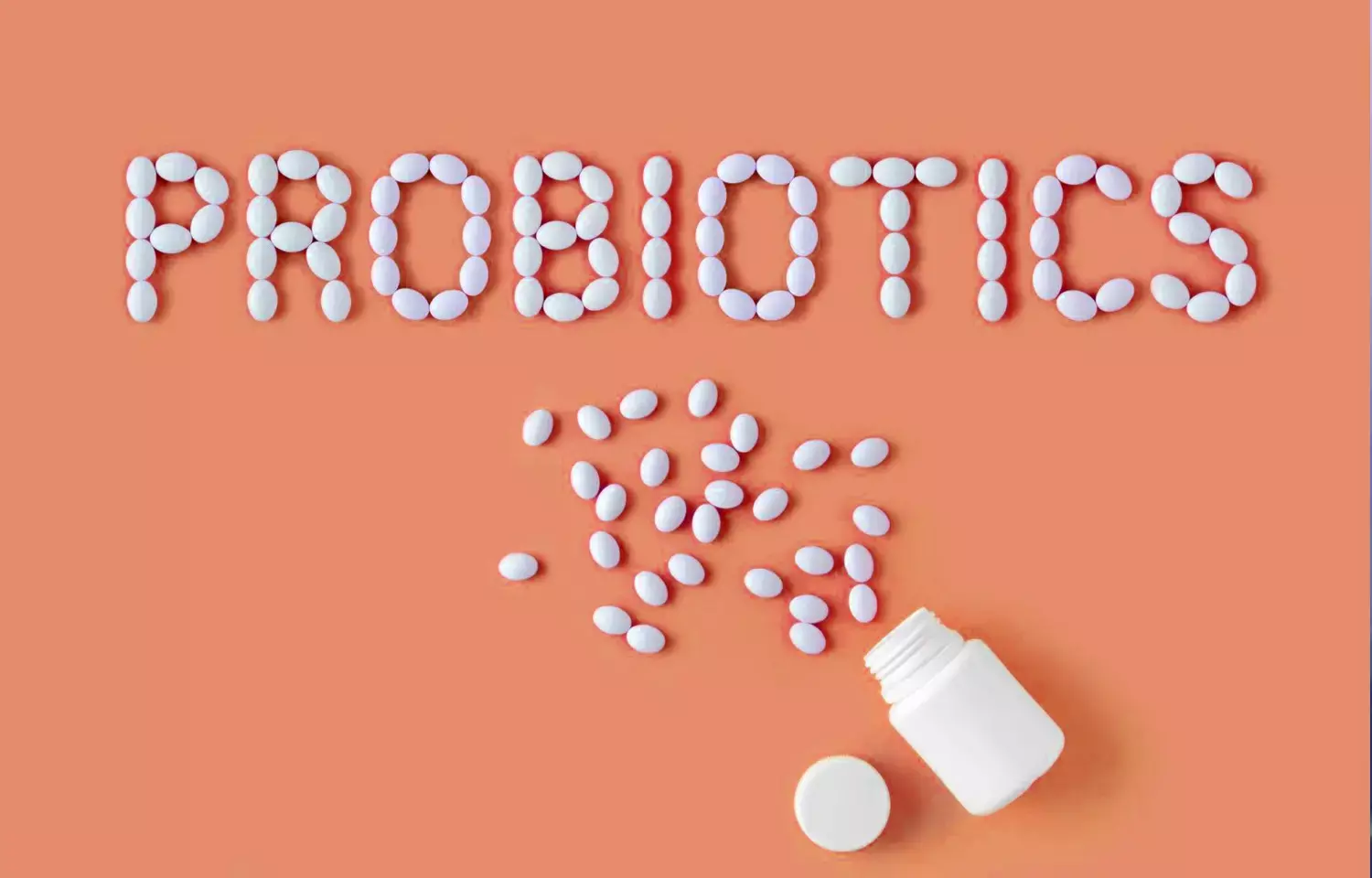- Home
- Medical news & Guidelines
- Anesthesiology
- Cardiology and CTVS
- Critical Care
- Dentistry
- Dermatology
- Diabetes and Endocrinology
- ENT
- Gastroenterology
- Medicine
- Nephrology
- Neurology
- Obstretics-Gynaecology
- Oncology
- Ophthalmology
- Orthopaedics
- Pediatrics-Neonatology
- Psychiatry
- Pulmonology
- Radiology
- Surgery
- Urology
- Laboratory Medicine
- Diet
- Nursing
- Paramedical
- Physiotherapy
- Health news
- Fact Check
- Bone Health Fact Check
- Brain Health Fact Check
- Cancer Related Fact Check
- Child Care Fact Check
- Dental and oral health fact check
- Diabetes and metabolic health fact check
- Diet and Nutrition Fact Check
- Eye and ENT Care Fact Check
- Fitness fact check
- Gut health fact check
- Heart health fact check
- Kidney health fact check
- Medical education fact check
- Men's health fact check
- Respiratory fact check
- Skin and hair care fact check
- Vaccine and Immunization fact check
- Women's health fact check
- AYUSH
- State News
- Andaman and Nicobar Islands
- Andhra Pradesh
- Arunachal Pradesh
- Assam
- Bihar
- Chandigarh
- Chattisgarh
- Dadra and Nagar Haveli
- Daman and Diu
- Delhi
- Goa
- Gujarat
- Haryana
- Himachal Pradesh
- Jammu & Kashmir
- Jharkhand
- Karnataka
- Kerala
- Ladakh
- Lakshadweep
- Madhya Pradesh
- Maharashtra
- Manipur
- Meghalaya
- Mizoram
- Nagaland
- Odisha
- Puducherry
- Punjab
- Rajasthan
- Sikkim
- Tamil Nadu
- Telangana
- Tripura
- Uttar Pradesh
- Uttrakhand
- West Bengal
- Medical Education
- Industry
Prebiotics supplements help women reduce sugar intake by four percent, finds study

A new study from the University of Surrey has found that young women who took four weeks of prebiotic supplements made healthier food choices and consumed less sugar.
The prebiotics used in this study were galacto-oligosaccharides (GOS) which increase the amount of "friendly" gut bacteria.
In a paper published by the journal Nutrients, researchers from the University of Surrey set out to investigate whether prebiotic GOS can influence the food habits of 48 healthy young women between the ages of 18 and 25 years.
The women were divided into a group that took GOS supplements (BiotisTM), and another group was given a placebo for 28 days. The women were asked to keep a food diary of their eating and drinking habits; the researchers also collected a stool sample for microbiome sequencing.
The research team found that participants who used the GOS supplements consumed 4.1% less sugar and 4.3% fewer calories from carbohydrates overall than women from the placebo group. Interestingly, the study also found that those who took the GOS supplements consumed around 4.2% more energy from fats.
After analysing their results, the Surrey team found that the prebiotic supplements modified the composition of the gut microbiome, increasing levels of Bifidobacterium. The researchers found that these changes were associated with the women's nutritional intake over the four-week period.
Dr Kathrin Cohen Kadosh, lead author of the study from the University of Surrey, said
"In this study, we looked at the effect of prebiotic intake on the wellbeing of young women. Stress and anxiety have long been blamed for "comfort eating", and there is growing evidence to support the influence of stress on unhealthy eating behaviours.
"This study, in conjunction with our previous research, suggests that boosting the growth of beneficial bacteria in the gut, such as Bifidobacterium with prebiotics, improves better wellbeing by reducing anxiety and may help to make healthier food choices."
Dr Nicola Johnstone, co-author of the study from the University of Surrey, adds:
"So far, our research makes it clear that prebiotics such as galacto-oligosaccharides are effective in increasing the growth of gut bacteria, and this may have a positive impact on what we eat and how we feel. Now, more work needs to be done to confirm and help us understand the mechanisms that allow galacto-oligosaccharides to suppress our longing for sugary products."
http://dx.doi.org/10.3390/nu13124384
Hina Zahid Joined Medical Dialogue in 2017 with a passion to work as a Reporter. She coordinates with various national and international journals and association and covers all the stories related to Medical guidelines, Medical Journals, rare medical surgeries as well as all the updates in the medical field. Email: editorial@medicaldialogues.in. Contact no. 011-43720751
Dr Kamal Kant Kohli-MBBS, DTCD- a chest specialist with more than 30 years of practice and a flair for writing clinical articles, Dr Kamal Kant Kohli joined Medical Dialogues as a Chief Editor of Medical News. Besides writing articles, as an editor, he proofreads and verifies all the medical content published on Medical Dialogues including those coming from journals, studies,medical conferences,guidelines etc. Email: drkohli@medicaldialogues.in. Contact no. 011-43720751


